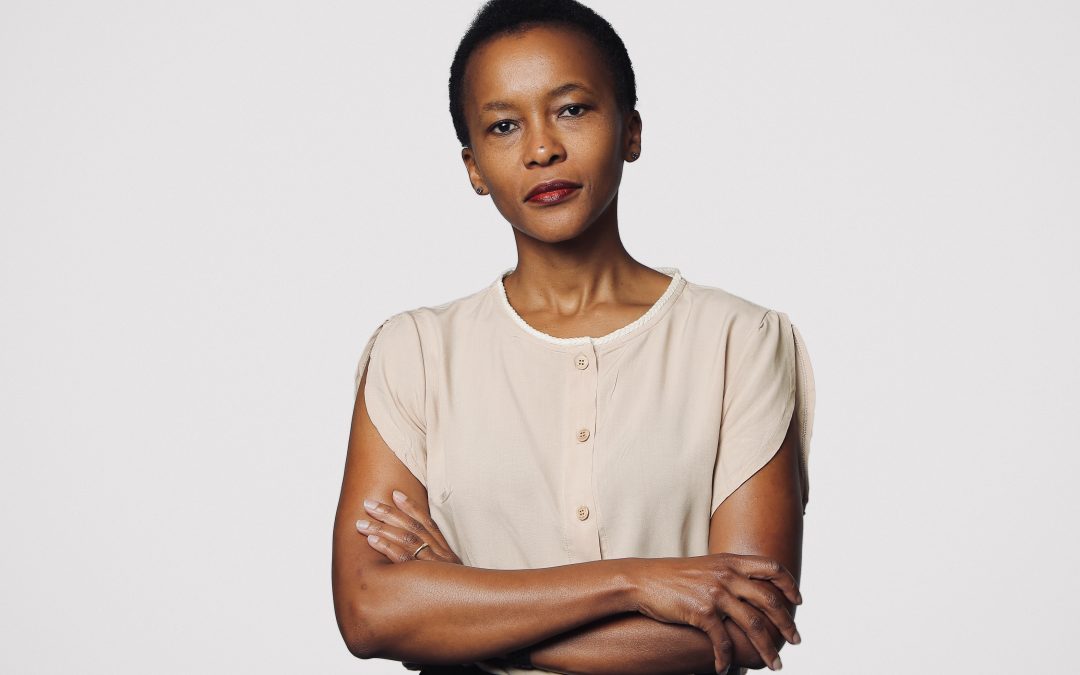By Buhle Goslar, Chair: Lula
We might describe the past decade in fintech as a three-legged journey, and it can be instructional if we as to what need fixing and also what might await us around the corner.
The decade began with heated debates about whether fintechs would disrupt traditional banks, transitioned into discussions about fintech-bank partnerships, and ended with a sharper focus on unit economics, profitability, and concerns over the dearth of exits in Africa. Despite some early concerns about client protection and pricing, the overall consumer and micro, small, and medium enterprises (MSME) story has been a positive one.
Across the continent, fintech-driven payment and lending solutions have significantly improved the lives of consumers and MSMEs, increasing liquidity and convenience, while also creating jobs and delivering laudable social outcomes in health, education, and other essential services.
Yet, alongside the positive impact of fintechs, we’ve also seen many of these businesses fall by the wayside, unable to thrive and scale.
Based on the past ten years, what can expect in the next decade for fintech in Africa?
We are entering a period of refinement and optimisation. I believe we can expect to see three major trends for fintech in Africa:
More M&A Activity
We can expect to see more mergers and acquisitions (M&A) between fintechs, as well as between fintechs and banks, insurers, and other strategic players. Some of this activity will be purely local, while some will involve international players seeking a more managed entry into tough markets. Many of these transactions will address issues of scale, cost efficiencies, faster market entry, and broader coverage.
More Embedded Finance
B2B fintech will continue to be the strongest performer, particularly in the area of embedded finance. This is largely driven by the distribution idiosyncrasies in most African markets, though South Africa and a few North African countries may be exceptions. Partnerships between lending fintechs and large distributors of essential goods and services are expected to grow significantly.
One area of particular growth is likely to be fintech products that address the energy gap, connecting the 600 million Africans who still lack access to electricity. Additionally, embedded finance solutions that support Africans in accessing jobs—such as facilitating overseas payments, borrowing, and managing taxation for remote or gig platform workers—will be critical. This intersection of job tech and fintech is especially urgent given the continent’s “youthquake,” with 8–11 million young people entering the job market annually, while only 3 million formal jobs are created.
More Integrated Financial Solutions
In the direct-to-consumer and MSME space, we can expect to see more integrated financial solutions, much of it powered by AI to drive down costs and elevate the user experience. Consumers and businesses will demand simplicity and value, but revenue diversification and profit imperatives will turbocharge this trend.
Neobanks like Revolut and Nubank are already expanding their value propositions, and we can expect similar moves in Africa, albeit with different solutions being added. While the initial wave of fintech innovation demanded fragmentation to reimagine elements of the financial solutions stack, the next wave will call for integration.
Conclusion
We are indeed at the end of a rollercoaster decade.
An unimaginable number of fintech companies have emerged and soared. The ecosystem is maturing, learning to embrace and grow from failures, and finding better ways to support successes—for example, through investment in infrastructure, including data centers, cybersecurity, energy, and connectivity. The recently announced partnership between Nvidia and Zimbabwean billionaire Strive Masiyiwa to bring supercomputer technology to the continent is an example to this – as is the Mission300 World Bank project to connect 300 million Africans to electricity.
While more can be done, there is much to be proud of. Importantly, the gains in social and economic development have been significant.
In the next decade, we must focus on scaling these gains significantly and with urgency.
- Goslar is the Chair of the SME banking platform Lula.


